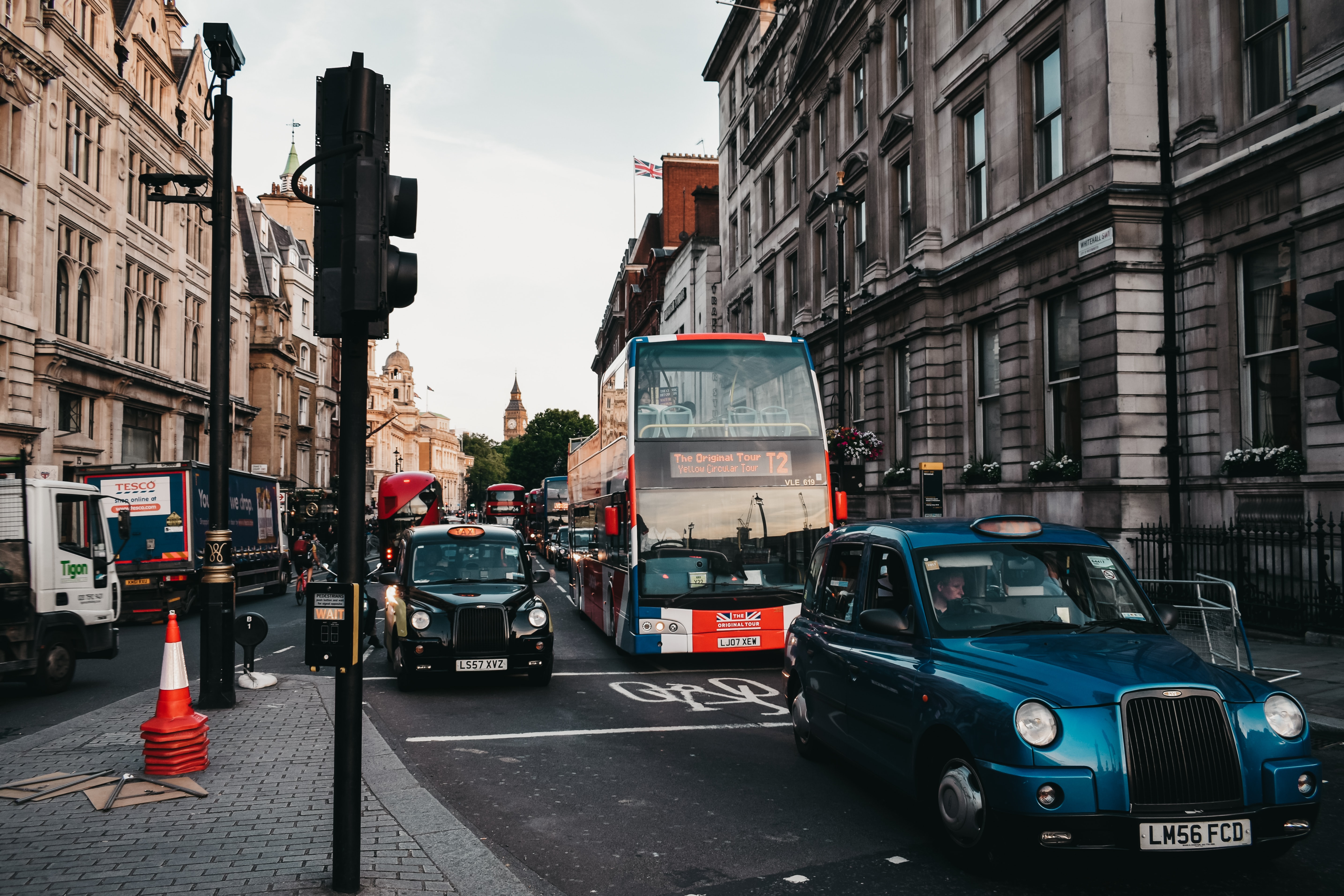Self-driving cars could free up parking space, benefit high streets, threaten public transport, and reshape property values - significant change is coming.
By George Marment
December 13, 2021
Long has it been a dream of mine to be cruising down the M4 with my attention focussed on that weekend’s must watch football game, or watching the latest Hollywood blockbuster. No focus on driving the car, other than the odd glance to check when the next service station is, so I can pick up a Greggs sausage roll.
10 years ago the concept of self-driving cars seemed an unachievable concept. However, earlier this year the government set out how vehicles fitted with Automated Lane Keeping System (ALKS) technology could legally be defined as self-driving, bringing this concept ever closer to reality.
Cars and the transport infrastructure play such a defining roll in our way of life. So much so, that the effect of switching to a self-driving county could have a multitude of knock on consequences on different areas of the economy and society. One of which being the commercial property market.
Like 2020, 2021 has been the year of Covid. With one of the many knock on effects being a rise in the cost of living, with gas prices rising and issues with supply chains. This combined with an ever growing focus on the environment will likely mean that ownership of cars in the future will become an unnecessary luxury. Self-driving cars left on the road would be in use most of the time, efficiently serving a multitude of consumers, eliminating the need for a large proportion of city parking (today’s cars are, on average, parked for 95% of the time).
From a commercial property perspective, disposing of the need for a large proportion of town and city parking will free up huge amounts of space for commercial developments. While the development of office space has slowed somewhat since the start of Covid, the supply of affordable housing is always at the forefront of political debates. It is this asset class that could really capitalise on this new available land in town and city centres.
Driveways would also become an unnecessary part of housing, creating the opportunity for extensions or a greater level of green space, which is heavily sought-after following the new Covid way of life.
The limited space available in many towns and city centres has resulted in visits to the high street becoming associated with the difficulty of finding an elusive parking space. If this issue was taken away, could we see the high street being given a second lease of life? While this increase in high street footfall would drive up retail values, the out of town retail parks and shopping centres would have to revaluate how to attract consumers.
Self-driving cars could also become a threat to existing public transport systems. There are currently two advantages to public transport in London, it is low cost and it is a quick way to get from A to B. With regard to cost, taking into account the expected efficiency of a self-driving car using AI to assess possible routes, drop offs and pick-ups, there will also be no human capital cost to the journey. Due to this, the cost of a ride in a self-driving car should be greatly less than a current taxi fare, and maybe at a level where it competes with current public transport fares. With regard to speed, it is expected that the technology allowing cars to ‘talk to each other’ will go hand in hand with advancement in driverless technology. Congested roads could become a thing of the past, with cars assessing traffic to establish the most efficient route for their passenger.
Given both residential and commercial property value is often related to its proximity to a local transport hub, a shift away from the need for such hubs could lead to a fall in the value of those assets.
While the vision of being able to take a nap in your car and wake up at your destination is further away than some companies and individuals might hope, it will happen within our lifetime, and it will be interesting to see how society adapts to this new way of life.
Talk to us about future trends, or what’s in store for your office by contacting us here.

Head of Making Moves Exit